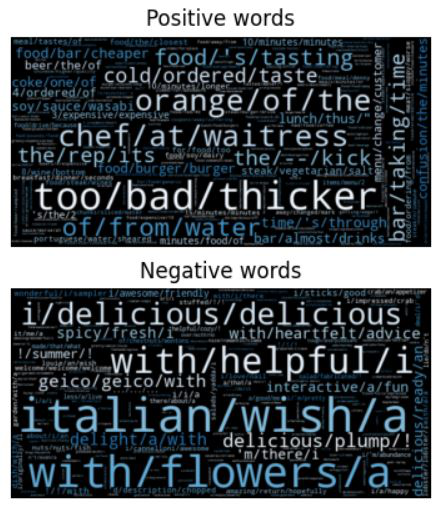Learning Variational Word Masks to Improve the Interpretability of Neural Text Classifiers
Hanjie Chen, Yangfeng Ji
Interpretability and Analysis of Models for NLP Long Paper

You can open the pre-recorded video in a separate window.
Abstract:
To build an interpretable neural text classifier, most of the prior work has focused on designing inherently interpretable models or finding faithful explanations. A new line of work on improving model interpretability has just started, and many existing methods require either prior information or human annotations as additional inputs in training. To address this limitation, we propose the variational word mask (VMASK) method to automatically learn task-specific important words and reduce irrelevant information on classification, which ultimately improves the interpretability of model predictions. The proposed method is evaluated with three neural text classifiers (CNN, LSTM, and BERT) on seven benchmark text classification datasets. Experiments show the effectiveness of VMASK in improving both model prediction accuracy and interpretability.
NOTE: Video may display a random order of authors.
Correct author list is at the top of this page.
Connected Papers in EMNLP2020
Similar Papers
Interpretation of NLP models through input marginalization
Siwon Kim, Jihun Yi, Eunji Kim, Sungroh Yoon,

FIND: Human-in-the-Loop Debugging Deep Text Classifiers
Piyawat Lertvittayakumjorn, Lucia Specia, Francesca Toni,

Learning from Context or Names? An Empirical Study on Neural Relation Extraction
Hao Peng, Tianyu Gao, Xu Han, Yankai Lin, Peng Li, Zhiyuan Liu, Maosong Sun, Jie Zhou,

Learning Explainable Linguistic Expressions with Neural Inductive Logic Programming for Sentence Classification
Prithviraj Sen, Marina Danilevsky, Yunyao Li, Siddhartha Brahma, Matthias Boehm, Laura Chiticariu, Rajasekar Krishnamurthy,
